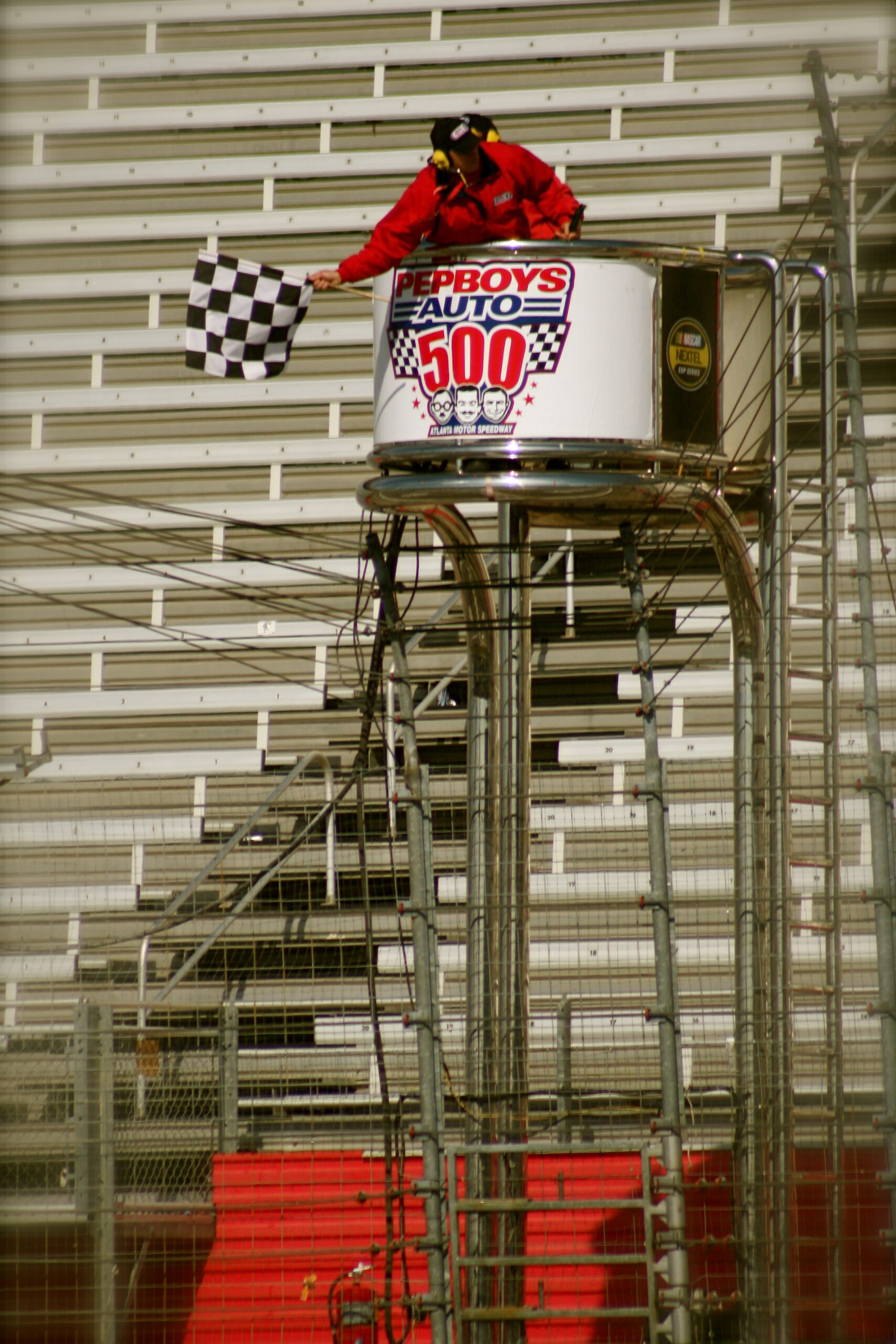What Can I Do to Improve My Self-confidence?
Why is it that so many people struggle with low self-esteem or the lack of self-confidence? I know that different people deal with it in varying degrees, but I think everyone deals with it. People who appear confident have just figured out how to deal with it better.
The huge amount of self-help books, speeches, programs, etc., speak to this struggle. I have been battling with this feeling regarding these blogs. Why is it that so few people are reading them? Then my inner evaluation begins. The content isn’t any good. The writing stinks. It doesn’t make any sense. The topics aren’t relevant. Am I wasting my time…and on and on.
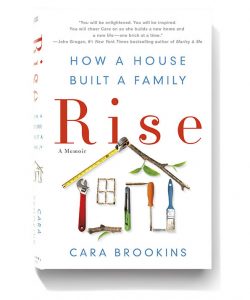
Our book club just finished reading Cara Brookins’ book “Rise: How A House Built A Family”. The club collectively thought I might struggle reading this book (part of the reason it was picked 😊). You know, me being a professional builder reading about a woman and her four kids building a house using “how to” videos. I just want to say; this book is now in my top ten. Cara and her family really impressed and inspired me! Inspired me so much so that I gathered up the courage to email her (way out of my comfort zone).
And you know what.
She replied…to me…to little ole’ me and not only that, we had the opportunity to have a Skype conversation with her during our review of her book during book club. How cool is that! If she can build a house…I can write a blog.
Her current projects are based on her “firm belief that everyone who wants to can build themselves a bigger, better life. And the feeling…of being stuck and frustrated is exactly what most people are feeling. It’s a sign you’re on the right path, because feeling discontent creates action.”
Helping people build a bigger better life is exactly what I plan to do with my coaching, consulting and constructing here at Solution Building.
Her building of this house is proof that what is required to get past self-doubt is choice and action. We must decide to do something, something big, something as big as a house and then do it. It doesn’t matter how good the information in the self-help program is, it’s not going to do any good if it isn’t put into action.
God did not put us here to fail. Satan on the other hand is a master of using our weakness to keep us from doing the great things that God wants for us. Like our low self-esteem to keep us stuck. We must decide if we trust and believe. If we do, then it is up to us to start building.
 Another one of my top ten books is Andy Andrews’ book, “The Traveler’s Gift”. It was turned down by fifty-one publishers before it was accepted.
Another one of my top ten books is Andy Andrews’ book, “The Traveler’s Gift”. It was turned down by fifty-one publishers before it was accepted.
Fifty-one.
Okay if Cara can push through the months and months of building her own home and Andy can go through fifty-one rejections I can keep blogging. Nobody said that persistence was easy, but it’s the thing that separates quitters from successful people.
I can persist – I can succeed – WHY NOT ME!
If you have any feedback on my blogs or if there is some specific topics you would like for me to write about let me know in the comments below.



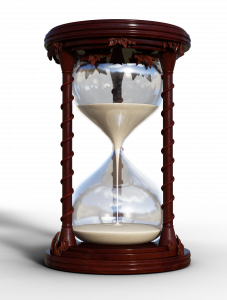 constantly wanting more TIME. To use a line from actress
constantly wanting more TIME. To use a line from actress 

 As part of the painting project I was making and installing the trim on these windows. Due to the age and style of the house the trim was more detailed than what is commonly used today. Not to mention that there was siding to cut back, house wrap and foil tape to install. It was taking me longer than I planned (another topic for later) and as I was working I thought about faster, cheaper ways that it could be done. I didn’t think about it very long before I decided that the short cuts wouldn’t be worth it. I wanted it done right.
As part of the painting project I was making and installing the trim on these windows. Due to the age and style of the house the trim was more detailed than what is commonly used today. Not to mention that there was siding to cut back, house wrap and foil tape to install. It was taking me longer than I planned (another topic for later) and as I was working I thought about faster, cheaper ways that it could be done. I didn’t think about it very long before I decided that the short cuts wouldn’t be worth it. I wanted it done right.
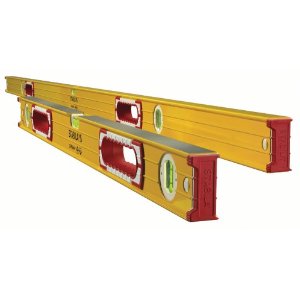 A good example of this is a recent situation where a shelf caddy was installed in a shower out of plum. It was only out of plum about an 1/8” in 2’ which isn’t a lot. But it wasn’t right, it wasn’t level and it should have been. Now it’s got to be fixed, which could possibly mean cutting it out and replacing with a new one. At the very least it has to be taken back out and plumbed up. Either way it’s going to cost both time and money.
A good example of this is a recent situation where a shelf caddy was installed in a shower out of plum. It was only out of plum about an 1/8” in 2’ which isn’t a lot. But it wasn’t right, it wasn’t level and it should have been. Now it’s got to be fixed, which could possibly mean cutting it out and replacing with a new one. At the very least it has to be taken back out and plumbed up. Either way it’s going to cost both time and money.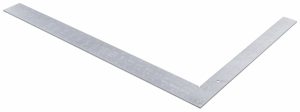
 them that there are four simple rules for building well. Just make everything plumb, level, square and straight. Isn’t this great advice.
them that there are four simple rules for building well. Just make everything plumb, level, square and straight. Isn’t this great advice.
 and bad, that people have. This is especially evident with athletes, for example it has been reported that basketball superstar Michael Jordan wore the same pair of shorts under his NBA uniform for every game and Serena Williams ties her shoes the same way before every match and always bounces the ball five times before her first serve.
and bad, that people have. This is especially evident with athletes, for example it has been reported that basketball superstar Michael Jordan wore the same pair of shorts under his NBA uniform for every game and Serena Williams ties her shoes the same way before every match and always bounces the ball five times before her first serve.







 I decided to write about this core value while reading “The Seventh Most Important Thing”, by Shelley Pearsall. In the story Mr. Hampton leaves a hand-written message for Arthur on a piece of cardboard,
I decided to write about this core value while reading “The Seventh Most Important Thing”, by Shelley Pearsall. In the story Mr. Hampton leaves a hand-written message for Arthur on a piece of cardboard,  It has been my experience when building a building that people have a dream of what they envision the finished project to look like. The problem is, they don’t know how to get that dream from their head to a physical structure. This is where vision comes in. The vision is the process of taking the imagined and turning it into reality. This provides a clear and intentional plan for building the dream.
It has been my experience when building a building that people have a dream of what they envision the finished project to look like. The problem is, they don’t know how to get that dream from their head to a physical structure. This is where vision comes in. The vision is the process of taking the imagined and turning it into reality. This provides a clear and intentional plan for building the dream.
 importance of being intentional about the plan.
importance of being intentional about the plan. Think of your life or business as a construction project. It all begins with a dream. You can see the vision of the completed project in your mind. The tricky part is getting that dream out of your head and making it a reality? Having it drawn out will let you see if it looks like your dream or not. It’s better and easier to make changes and corrections during the planning, rather than the construction. It improves the clarity of communication between all parties involved.
Think of your life or business as a construction project. It all begins with a dream. You can see the vision of the completed project in your mind. The tricky part is getting that dream out of your head and making it a reality? Having it drawn out will let you see if it looks like your dream or not. It’s better and easier to make changes and corrections during the planning, rather than the construction. It improves the clarity of communication between all parties involved.
 Most people seem to be looking forward to retirement. Often, it’s viewed as the target that we should be aiming at. Once we’ve reached retirement, everything is smooth sailing from there. We can sleep in, don’t have to get up and go to a JOB; no more rat race for us. I’ve worked hard my whole life and now I get the ‘retirement prize’.
Most people seem to be looking forward to retirement. Often, it’s viewed as the target that we should be aiming at. Once we’ve reached retirement, everything is smooth sailing from there. We can sleep in, don’t have to get up and go to a JOB; no more rat race for us. I’ve worked hard my whole life and now I get the ‘retirement prize’. forced to work for a ruler, required to serve a king or had mandatory employment to some dictator. This gave little or no freedom for personal choices or for the opportunity to live the life of your dreams. Retirement, as it is most commonly thought of today, can be traced to a program designed by Otto von Bismarck, a German Chancellor, in 1881
forced to work for a ruler, required to serve a king or had mandatory employment to some dictator. This gave little or no freedom for personal choices or for the opportunity to live the life of your dreams. Retirement, as it is most commonly thought of today, can be traced to a program designed by Otto von Bismarck, a German Chancellor, in 1881 

 At an early age we begin the process of planning our lives. We have an image of how our life is going to look, what we are going to do, who is going to enjoy it with us, etc. Sometimes those plans are well thought out and designed. They come with pages and pages of blueprints including all types of details, complete with engineering calculations. Some plans are more the ‘scribbled on a piece of scrap paper idea’. Either way we have that picture of what we think our life should be.
At an early age we begin the process of planning our lives. We have an image of how our life is going to look, what we are going to do, who is going to enjoy it with us, etc. Sometimes those plans are well thought out and designed. They come with pages and pages of blueprints including all types of details, complete with engineering calculations. Some plans are more the ‘scribbled on a piece of scrap paper idea’. Either way we have that picture of what we think our life should be.

